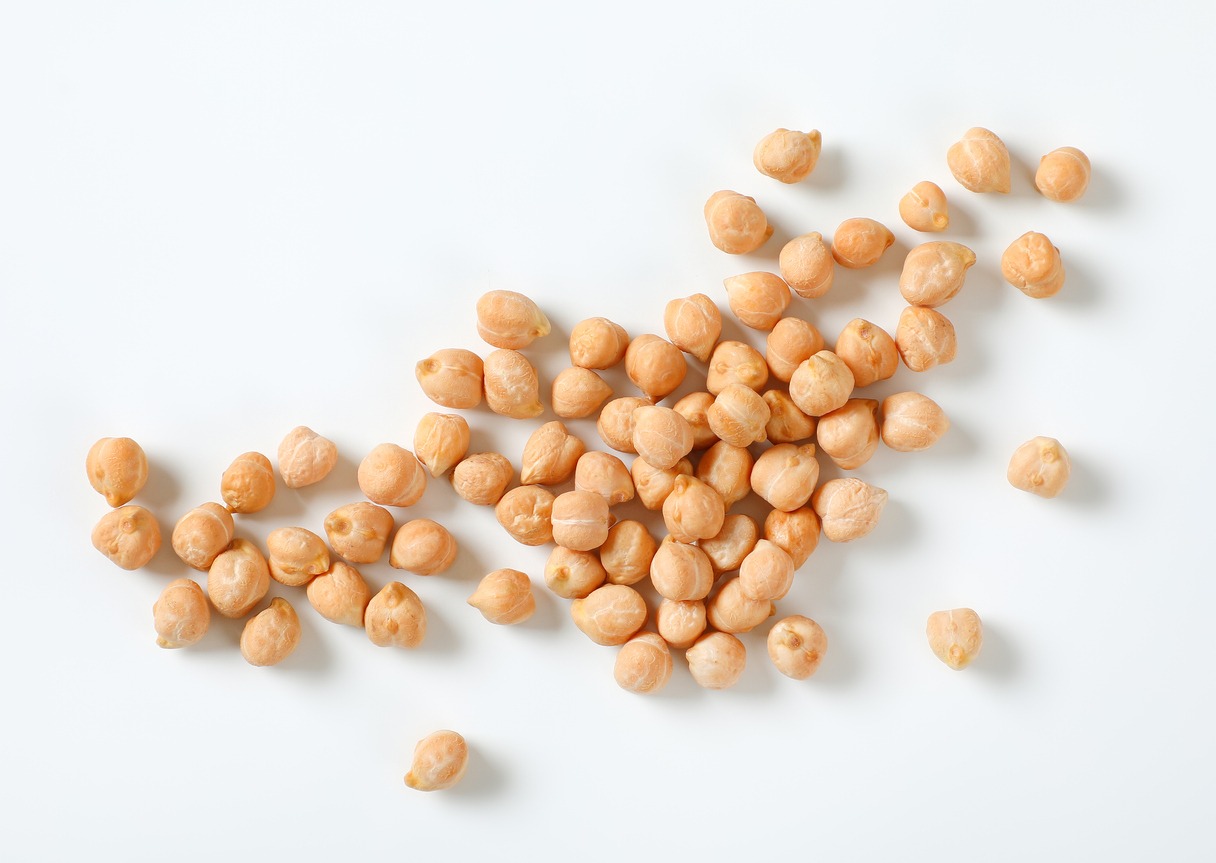ChickP, a foodtech startup developing plant proteins, is launching a line of chickpea isolates designed for plant-based dairy alternative products.
This plant protein has been designed by the faculty of agriculture, food and environment of the Hebrew University of Jerusalem. It uses what the company describes as “patent-pending technology to extract up to 90% pure protein out of the chickpea seed.”
Global launches of dairy alternative products like these are triple the rate of new food and beverage launches overall, according to Innova Market Insights. The research group noted a 22% CAGR (compound annual growth rate) for the category between 2014 and 2018. Europe is leading the dairy alternative drinks market in terms of launches, accounting for 38% of dairy alternative drink launches tracked globally in 2018.
Against this backdrop, ChickP claims its new chickpea isolates offer traits that help alternative dairy producers overcome challenges in processing, as well as boosting consumer acceptance and demand for nutritious and tasty products. Thanks to its high solubility and smooth viscosity, ChickP forms an emulsion or gel that helps contribute to a firm finished product.
“We tested the chickpea ingredient across a range of parameters, including functionality, flavor, nutrition profile, and protein content,” says Ram Reifen, MD, founder and CSO of ChickP, in a note sent to AFN. “Sensory parameters such as taste, color, and texture are the key factors for success in launching any new product in the marketplace. Plant-based milk alternatives that contain ChickP have been shown to mimic cow’s milk and yogurt better for taste, mouthfeel, and nutritional value.”
Reifen is a pediatric gastroenterologist and a professor of human nutrition, as well as the director of the Center for Nutrigenomics and Functional Foods at Hebrew University, Jerusalem. Throughout years of basic and applicative research, Reifen led multiple studies involving chickpea cultivation, formulation of chickpea-based weaning foods in developing countries, as well as immunological studies related to the legume.
“We scaled up our processing production in October 2019 and we are set to market the ingredient to alternative dairy companies as well as to dairy companies that are seeking high-quality protein options,” adds Ron Klein, CEO of ChickP. “ChickP answers the current market needs for safe and nutritious dairy products without flavors, sugars, colorants, or artificial ingredients, while addressing environmental and ethical concerns.”
The company sent over a list of criteria that they believe their product fulfills over other plant-based proteins:
1) Taste: ChickP has a neutral flavor over other plant-based proteins that create bitter or off-flavors that require masking by addition of sugar, artificial flavors, or other masking agents in the final product.
2) Texture & functionality: it has a smoothe texture and emulsion stability while other plant-based proteins often possess sandy or chalky textures that negatively affect the overall sensory experience.
3) Nutritional profile: ChickP powder contains 90% protein, ≤8.0 moisture (the drier the better), and less than 0.1% fat. The very low fat is important since high-fat content decreases shelf life and can lead to off-flavors. The nutritional content of dairy alternatives is usually lower than that of cow’s milk when it comes to protein, and can also contain lower contents of other essential nutrients and are higher in sugar.
4) Cleaner, shorter label: ChickP doesn’t include artificial flavors, coloring, emulsifiers, masking ingredients, and other additives that help them mimic dairy.
5) Free-From: Dairy, soy, and tree nuts — the most common milk and milk alternative sources — are known allergens. Also, in some populations as many as 50% of consumers have lactose-intolerance. Chickpeas allergies are rare.
What do you think? Would you prefer to drink chickpea milk over other plant-based dairy alternatives? Email [email protected]





